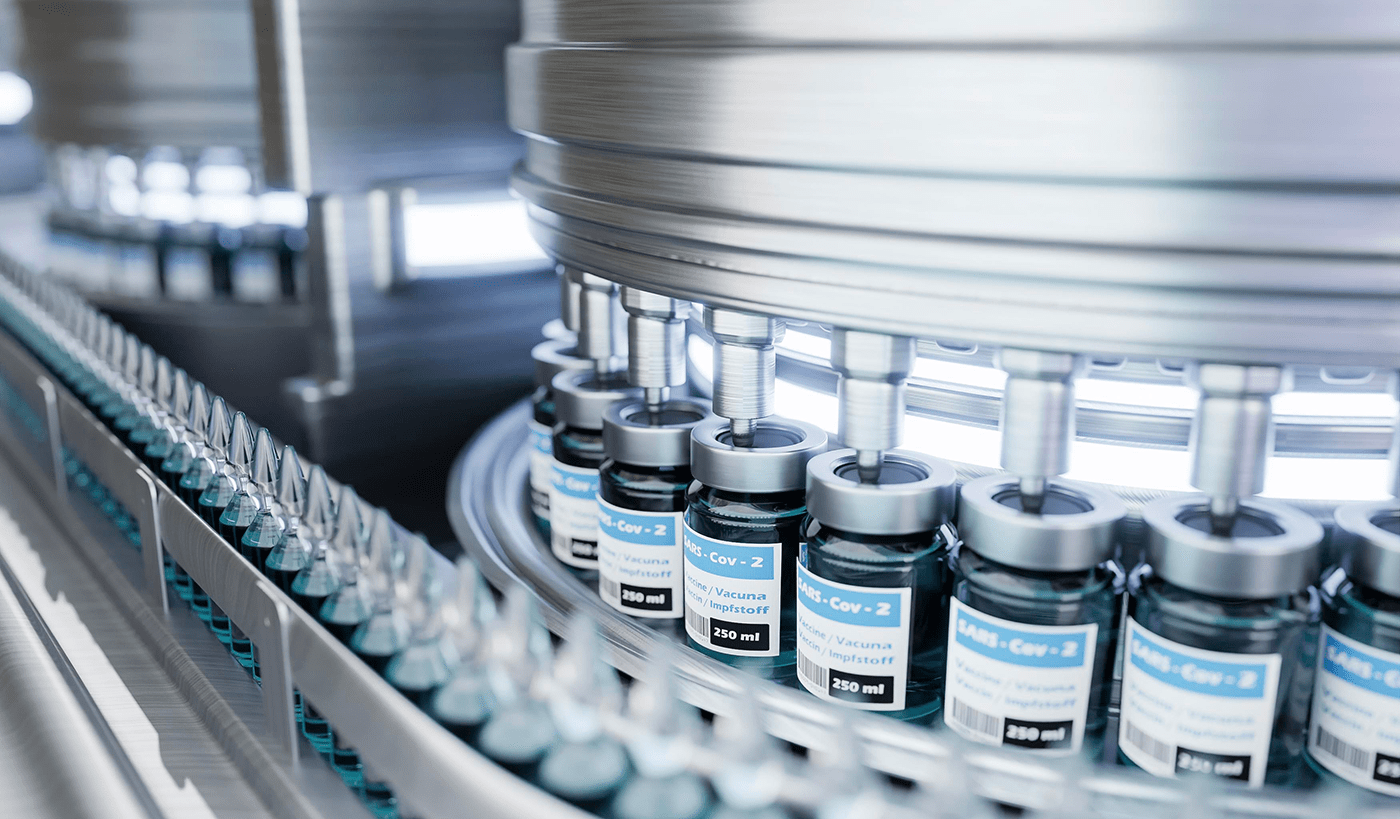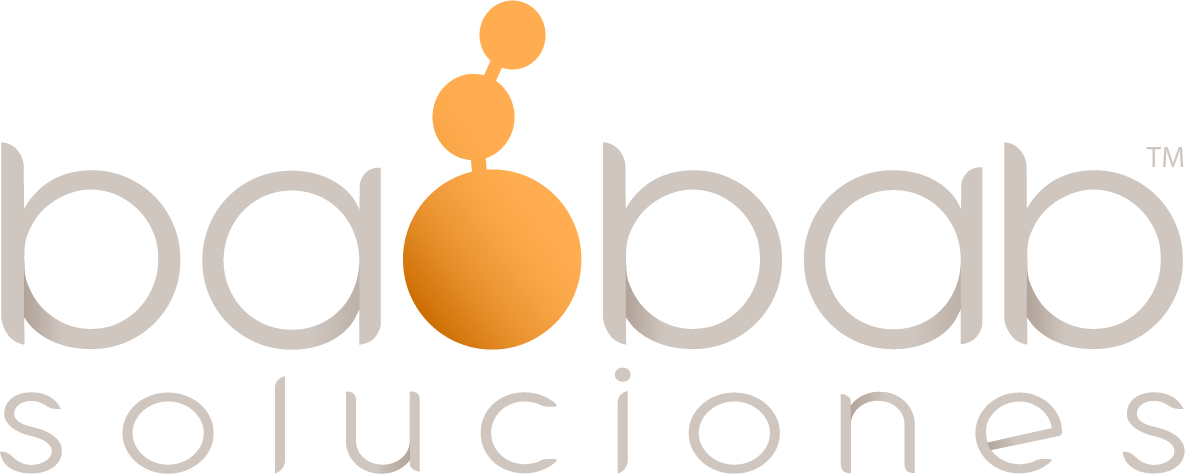Pharmaceutical industry is a fundamental pillar in modern society, as it plays a vital role in caring for people’s health and well-being. However, this industry brings to the table challenges that must be addressed effectively to ensure the production and availability of safe and effective medicines. In this article, we will explore the challenges the pharmaceutical industry is facing and how prescriptive analytics-based solutions can help overcome them.

Challenges
Demand prediction and market anticipation.
Pharmaceutical industry needs to be prepared to meet the demand for medicines at the right time. However, accurately predicting demand is challenging as it is influenced by various factors such as market trends and changes in health policies. Inaccuracy in demand prediction can lead to shortages or excess of medicines, affecting both patients and the profitability of pharmaceutical companies.
Research and development of medicines.
Research and development of new drugs is a long and expensive process. Identification of promising molecules, clinical trials and regulatory approval are just some of the challenges facing the industry. Furthermore, the success rate in developing new drugs is low, involving significant investments and considerable financial risk.
Planning of the production process.
Precise planning of the production process is essential to avoid problems such as defective batches of medicines. For example, changing production from one medicine to another on the same production line involves significant costs. During this process, machines must be thoroughly cleaned to prevent contamination and ensure product safety. Efficient scheduling of operations is essential to minimize changeover costs, incidents and batch contamination. Lack of proper management can lead to production disruptions and financial losses.
Managing expired inventories and frozen products present additional challenges. Poor management of the different stages of the production process can result in the production of low-quality medicines or the loss of valuable products.
Closing the patient information cycle.
Proper management of patient information and responses to medications is essential to provide effective treatments and improve healthcare. However, patient data privacy is a critical concern that can result in a lack of or access to data, making it difficult to understand treatment outcomes and make informed decisions for the development of new medicines.
Advanced Analytics Opportunities
Advanced analytics offers innovative solutions to address the above-mentioned challenges in drug production. By leveraging advances in data science and artificial intelligence, pharmaceutical companies can use prescriptive analytics to optimize their operations and improve production efficiency. Below you’ll find some solutions based on advanced analytics:

1.- Demand prediction and market anticipation.
Predictive analytics allows pharmaceutical companies to make more accurate forecasts of future demand. By analyzing historical data, market trends, and other relevant factors, prescriptive analytics models can provide valuable information to improve production planning and prevent drug shortages or excesses.
2.-Research and development of medicines.
Prescriptive analytics can streamline and optimize the drug research and development process. By using data mining and machine learning techniques, patterns can be identified in large data sets in order to promote the identification of promising molecules. Likewise, simulation and predictive modeling can accelerate the clinical trial process and predict drug efficiency more accurately.
3.-Optimization of the planning of the production process.
Prescriptive analytics can improve the planning of the production process, especially in the management of inventories with expiration dates and in the prevention of defective batches of medicines. By analyzing data related to quality, expiration and other critical factors, companies can optimize the scheduling of the production process stages and avoid problems that affect the quality of medicines.
Additionally, prescriptive analytics helps minimize changeover costs in drug manufacturing by optimizing the scheduling of operations. By considering factors such as machine cleaning time and optimal production sequencing, downtime and associated costs can be reduced. Additionally, advanced scheduling and task assignment techniques can be used to optimize resource utilization and avoid batch contamination issues.
4.-Management of patient data and responses to treatments.
Prescriptive analytics can help manage missing patient data and analyze responses to treatments. By integrating patient data recording systems with analytics models, pharmaceutical companies can gather valuable insights into drug effectiveness and personalize therapeutic approaches. By analyzing large volumes of data, patterns of response to treatments can be identified and new insights into the effectiveness and side effects of medications can be discovered.
On the other hand, the application of data privacy and anonymization techniques allows protecting patient confidentiality while obtaining valuable knowledge for research and development. This generates more informed decision-making and contributes to improve medical care.

The pharmaceutical industry faces various challenges in drug production, but prescriptive analytics offers powerful solutions. By using the predictive and optimizing capabilities of advanced analytics, pharmaceutical companies can improve demand planning, optimize production resource management, and ensure efficient, high-quality production. By being aware of current challenges and leveraging the solutions provided by prescriptive analytics, the pharmaceutical industry is well positioned to continue developing it’s mission to improve the health and well-being of the people.
Are you interested in planning and optimizing your company’s production processes? ¡Click on the link and learn more about baobab solutions and the wide variety of solutions we offer!



